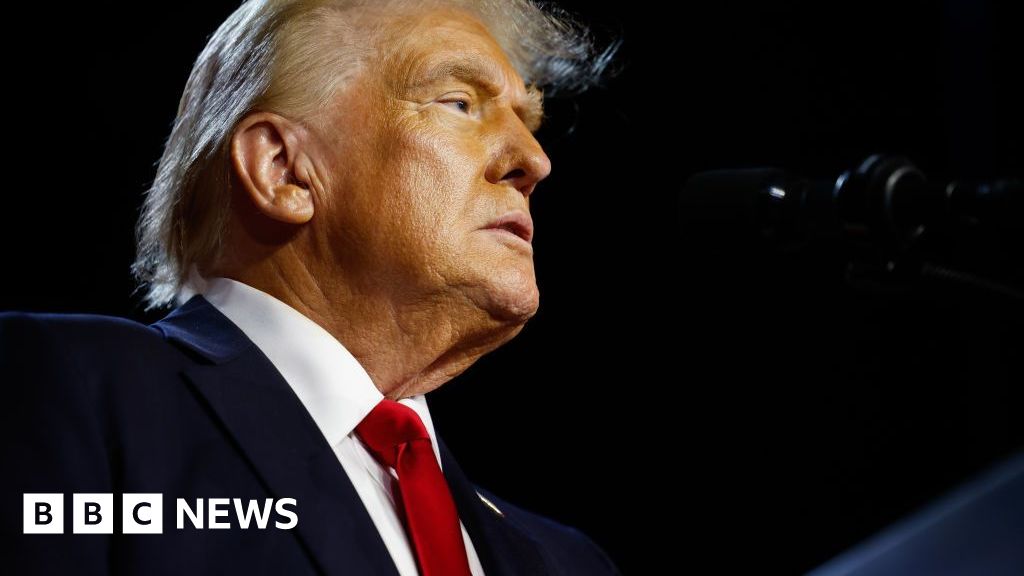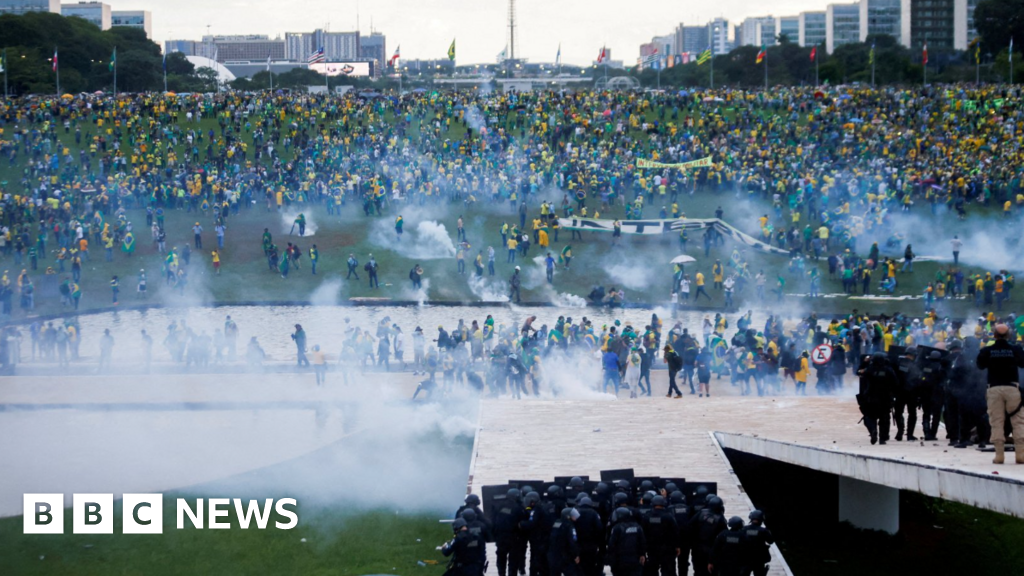ARTICLE AD BOX
Image source, Reuters
Image caption,Both sides seem to be confident of victory, US Special Envoy Feltman says.
Germany and France have become the latest countries to advise their citizens to leave Ethiopia, amid an escalation in the country's civil war.
The US and UK have also recently issued advisories, and the UN has begun what it describes as a temporary relocation of some staff.
This comes as rebel Tigrayan fighters say they are still advancing towards the capital Addis Ababa.
PM Abiy Ahmed says he will go to the front line to face the rebels.
The year-long conflict has led to a humanitarian crisis, with hundreds of thousands facing famine-like conditions in the north of Ethiopia.
Thousands of people have been killed and millions forced from their homes.
US Special Envoy Jeffrey Feltman said progress was being made towards a diplomatic solution but this was being threatened by the escalation on the ground.
He said both sides seemed to believe they were on the cusp of a military victory.
Mr Feltman warned that if the rebels moved on Addis Ababa it would be unacceptable and catastrophic.
Reports from the front line are hard to verify but the Tigray People's Liberation Front (TPLF) says its fighters are in control of a town just over 200km from Addis Ababa.
The Ethiopian government has previously denied reports of rebel advances.
'Let's meet at the front'
Germany's foreign ministry said its nationals should depart on the first available commercial flights, while France urged its citizens to leave the country "without delay".
Meanwhile an internal UN security document said "eligible family members of internationally recruited staff" should be evacuated by 25 November.
Previously the US and UK announced they were pulling out non-essential diplomatic staff, and told other citizens to leave.
In a post on social media on Monday evening, Abiy Ahmed, who won the Nobel Peace Prize in 2019, said he would go to the front to lead the defence forces.
"Those who want to be among the Ethiopian children, who will be hailed by history, rise up for your country today. Let's meet at the front," he said.
His Nobel win came after ending nearly two decades of tension with Eritrea that continued after the war between the two countries.
The TPLF has dismissed Mr Abiy's statement with its spokesperson, Getachew Reda, saying that "our forces won't relent on their inexorable advance towards bringing [Mr Abiy's] chokehold on our people to an end".
The African Union is leading efforts to find a negotiated end to the fighting, but neither side has committed to talks.
At the root of the war is a disagreement between Prime Minister Abiy and the TPLF, which for almost 27 years dominated the whole country, not just Tigray.
Mr Abiy came to power in 2018 and in a whirlwind of reform, in which he liberalised politics and made peace with long-time foe Eritrea, the TPLF was sidelined.
The simmering dispute between the TPLF and Mr Abiy then erupted into war 12 months ago when Tigrayan forces were accused of attacking army bases to steal weapons and the federal government responded.
More on the Tigray crisis:

 2 years ago
103
2 years ago
103








 English (US)
English (US)